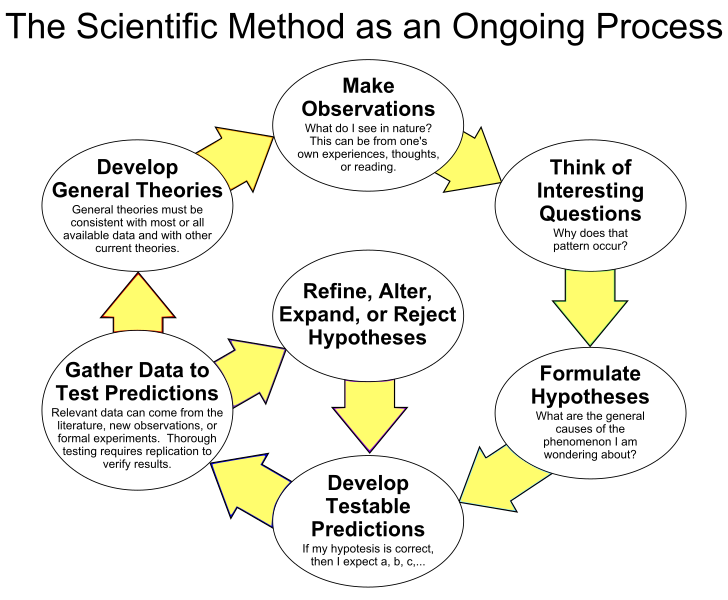- 20 May 2019 02:11
#15006008
We have all heard the phrase, "That's like comparing apples and oranges."
In fact, apples and oranges compare very nicely.
1. They're both very round in shape.
2. They're both fruit.
3. They're both tasty.
4. They're nutritious.
5. They're common.
6. They grow on trees.
7. They're of comparable size.
8. They generally have attractive coloring. They're pleasing to look at.
"Comparing apples and oranges" needs to be replaced with "comparing evolution and gravity."
You see, evolution is universally defended with this non-comparison of "It's a theory like gravity."
Well, no, there is nothing theoretical about gravity. Plants react to it, animals react to it. They both understand gravity perfectly.
Darwinian evolution is a simplistic tautology. Gravity is an ironclad law, described by physics and verifiable equations, not evolutionary biology "A>B>C>D".
Oranges and apples are eminently more comparable than evolution and gravity.
In fact, apples and oranges compare very nicely.
1. They're both very round in shape.
2. They're both fruit.
3. They're both tasty.
4. They're nutritious.
5. They're common.
6. They grow on trees.
7. They're of comparable size.
8. They generally have attractive coloring. They're pleasing to look at.
"Comparing apples and oranges" needs to be replaced with "comparing evolution and gravity."
You see, evolution is universally defended with this non-comparison of "It's a theory like gravity."
Well, no, there is nothing theoretical about gravity. Plants react to it, animals react to it. They both understand gravity perfectly.
Darwinian evolution is a simplistic tautology. Gravity is an ironclad law, described by physics and verifiable equations, not evolutionary biology "A>B>C>D".
Oranges and apples are eminently more comparable than evolution and gravity.













 - By Rich
- By Rich - By JohnRawls
- By JohnRawls